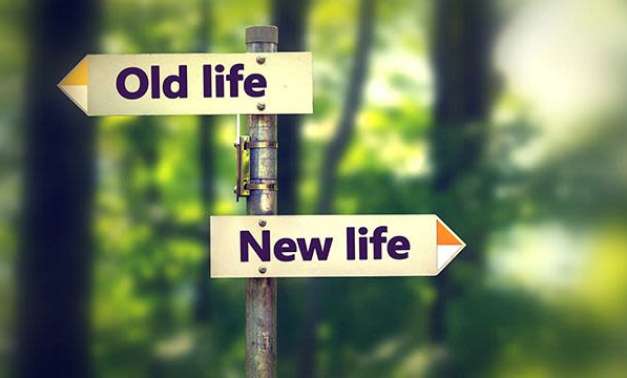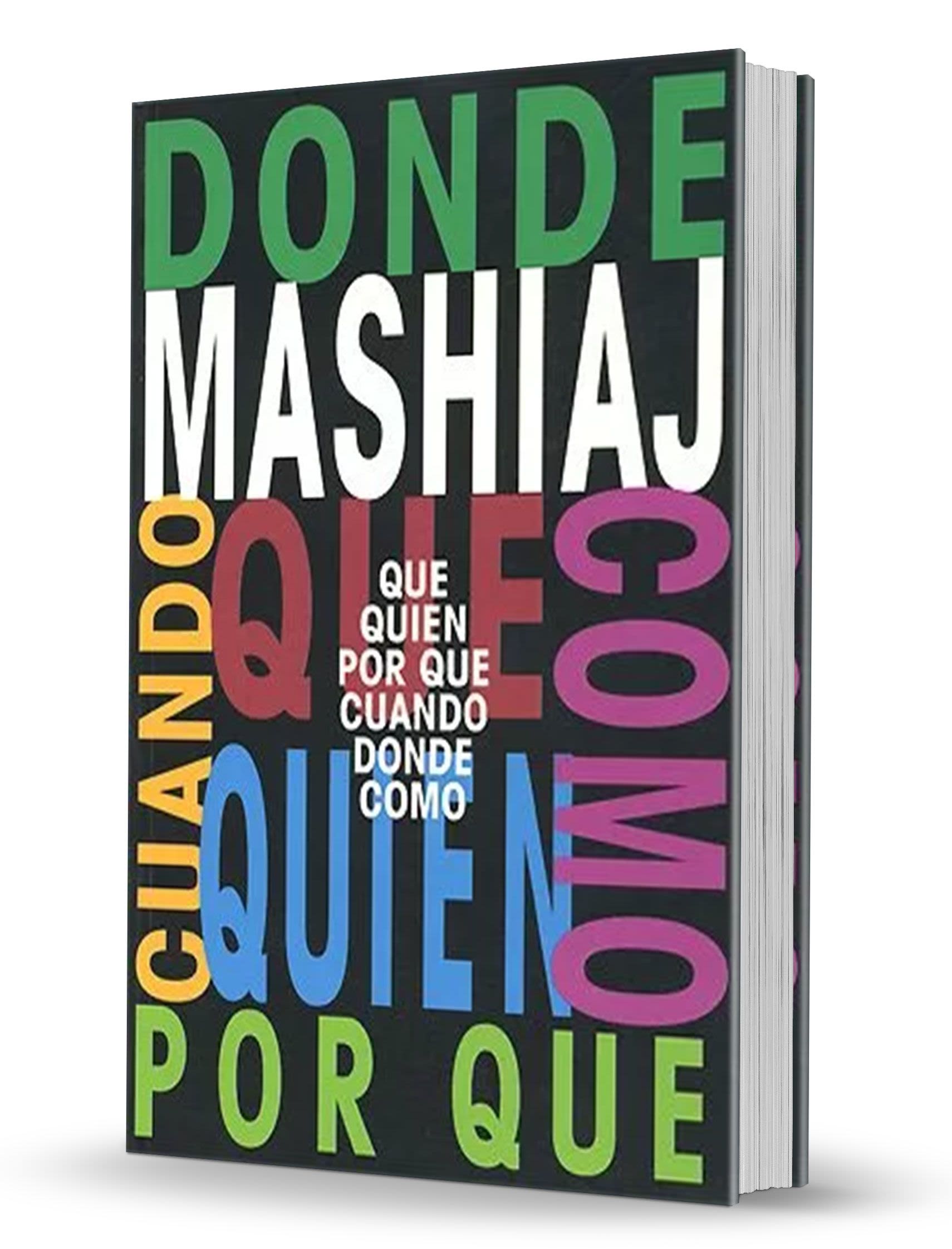
Will Power Part 2
Will has power. Not just the kind of power where it motivates us to go the extra distance we may not feel like going, but the kind of power that results in circumstances...

“Do you believe in miracles?”
Whether the question is asked in earnest or even just superficially, it means the same thing. There’s this thing called “Nature”, and it has rules. There is the law of gravity which keeps us from flying, or the law of action and reaction, to give just a few examples. Nature is physically limiting, and by extension, it can be spiritually limiting as well.
However, we have found, that sometimes miracles occur, or at least results that seem uncharacteristic for the natural physical world. Strange things happen sometimes, even if there is an explanation after the fact for why they did. We have created expressions for some of those phenomena, such “mind over matter”, which states that will alone can be enough to create a break from the general laws of everyday natural life.
Will has power. Not just the kind of power where it motivates us to go the extra distance we may not feel like going, but the kind of power that sometimes results, in our mind, mysteriously, in circumstances that produce the desired result … against all the odds.
Against the odds? Against what we expect to see based upon past experience, against what mankind has seen day-in and day-out for thousands of years. Nature is queen in this world, and miracle, only a guest, so-much-so that when even science finally, comes around and is forced to admit to that which it basically set out to disprove, we have difficulty accepting the amendment, or what is, in some cases, outright retraction of previous beliefs.
“What is the basis of all physical matter?”
“Energy.”
“What is energy?”
“We don’t know.”
“Is it physical?”
“No, not at all.”
“I see. So, if energy, which is the basis of all that exists in the universe is not physical, then it is, well, spiritual?”
“Well, I don’t know if we would call it that …”
“You mean there is another term …”
“Well, let’s just call it energy for now.”
Why? Because, “spiritual” implies something more than just some mysterious force in Creation that can supercede the laws of Nature. It implies a specific Force, God Himself. For thousands of years now Kabbalists have performed great miracles, such “kevitzat haderech” — getting from Point A to Point B without actually physically traveling there, Quantum Mechanics and Theoretical Physics have begun to expose the mechanism that God uses, by design, to defy Nature.
For, if the basis of all physical Creation is not physical at all, and it is the way it is as a function of will — God’s will — then why should something as non-physical as human will not be able to dictate what physical reality should be like, or how it should respond to a situation or predicament?
Likewise, when God created man, He empowered him to control countless forces and worlds, handing them over to him so that he should be the one to direct them according to his actions, words, and thoughts — for good, or the opposite, God forbid. It is the positive actions, words, and thoughts of man that sustain and give energy to countless forces and holy celestial worlds, increasing their holiness and light, as it says, “I have placed My word in your mouth … to plant heaven and to establish land” (Yeshayahu 51:16). And, as the rabbis teach, “Don’t read banayich — your children — but bonayich — your builders …” (Brochot 64a), because it is they who arrange the upper worlds like a builder does his building, giving them great strength. (Nefesh HaChaim, Ch. 3)
Intellectually, we may have little difficulty believing this to be true. However, practically-speaking, we have little difficulty not believing it to be true. We have become accustomed to a world with natural “laws”. We are used to stereotypes that bind our minds and keep us from dreaming of being much greater than we might be, even though Heaven has encouraged us from time-to-time.
And, worst of all, we are so afraid of failure and disappointment that we prefer the security of being enslaved in “Mitzrayim” to the freedom of the “desert”, where our only line of defense is belief and trust in God, and our dreams of greatness are the limit. And, the Sitra Achra, being the wily angel that he is, knows this about us, and does everything he can to discourage us, to keep us down, to keep us from seeing past the limitations of the physical world, even as history winds down and more and more things happen to indicate that we are much more than we have become.
After all, as the Nefesh HaChaim reminds us, we were made in the “Image of God”, and as the expression goes (Shabbat 31a), “that is Torah; the rest is commentary”. It is also the key to everything good that we dream about having in life, in this world and in the next one.
Thus, the Hebrew word for “redemption” — geulah — and that of “man” — adam — equal one another in gematria. For, when a person becomes the fulfillment of all the potential he can express in any given lifetime, he is, by definition, redeemed. Personal redemption, and by extension national redemption, is the result of mentally breaking past the physical limitations of the body.
Hence, the first plague inflicted upon the Egyptians was that of blood — Dalet-Mem — the last two letters of the word “adam”, and that which represents the limited, physical component of man. The Aleph of adam, on the other hand, is always an allusion to God, and therefore it represents the supernatural element of man, his soul.
The Plague of Blood was a wake-up call to the Jewish people: Where has your Aleph gone? Each subsequent plague and miracle was designed to help revive the Aleph of the Jew, increasing it, so-to-speak, until it was sufficient to transform the Dalet-Mem into Aleph-Dalet-Mem — Adam — and geulah. Defeating the Egyptians was purely a function of resurrecting the Aleph of the Jewish people, which Egyptian slavery had been designed to suppress.
Hence, the word for “Egypt” — Mitzrayim — is comprised of two parts, “meitzer” and “yumm”, the first part meaning “border”, and the second having the gematria of fifty (Sha’arei Leshem, p. 404). Combined they mean “constriction of fifty”, as in the “Fifty Gates of Understanding”, the knowledge of Torah that allows a Jew to remain aware of and close to God.
This indicates that, as physical as the enslavement was in Egypt for 116 years, it was really the product of an intellectual and spiritual oppression. Egyptian slavery was antithetical to this level of God-awareness, intended to wear down the spiritual sensitivity of the Jew.
This is why Pharaoh, after Moshe asked for the freedom of the Jewish people, made them produce bricks without materials, a seemingly impossible task. If the goal of the slavery was bricks, then Pharaoh hurt himself as well by taking away their materials to produce them. He should have doubled the material and doubled the quota instead.
However, by demanding the same quota of bricks without providing material was like saying to the Jewish people, “If you believe in miracles, do one now, if you can.”
Little did Pharaoh know at the time that his answer was forthcoming, and that it would continue to come until even he had to admit to the Reality beyond reality. Exile and redemption, for the Jewish people, has been about the same thing ever since.
Will and intention are powerful, powerful enough to turn exile into redemption, and crisis into solution, “no can do” into “can do”.
To be continued
(Author, lecturer, and scholar Rabbi Pinchas Winston is the director of ThirtySix.org. His book Be Positive is available for purchase online)












Tell us what you think!
Thank you for your comment!
It will be published after approval by the Editor.